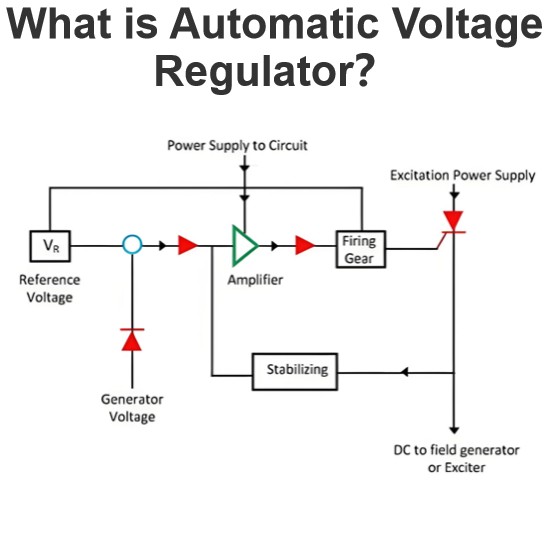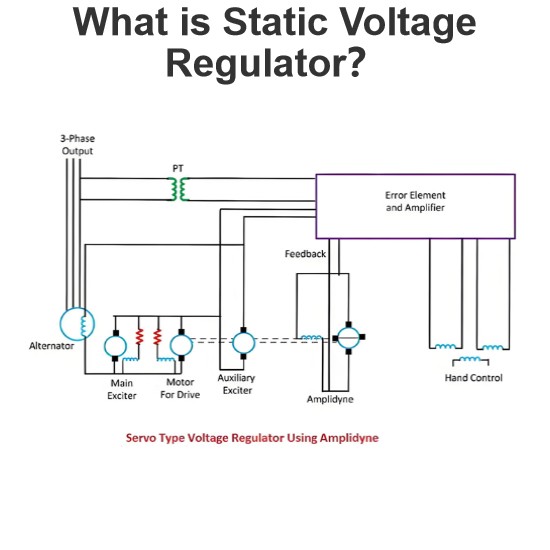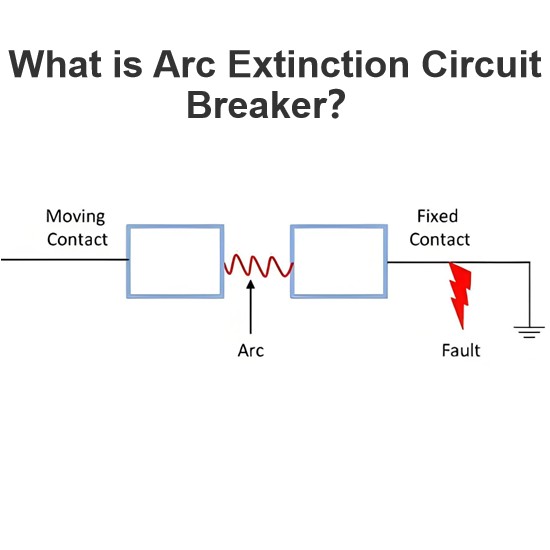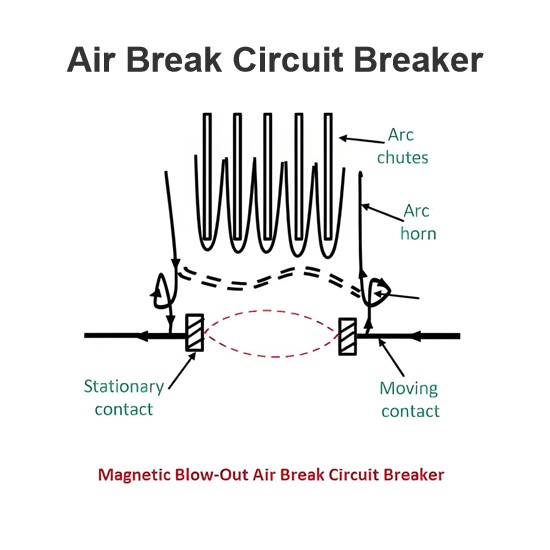Why is earthing so important for electrical systems?
Grounding is extremely important for electrical systems for the following reasons:
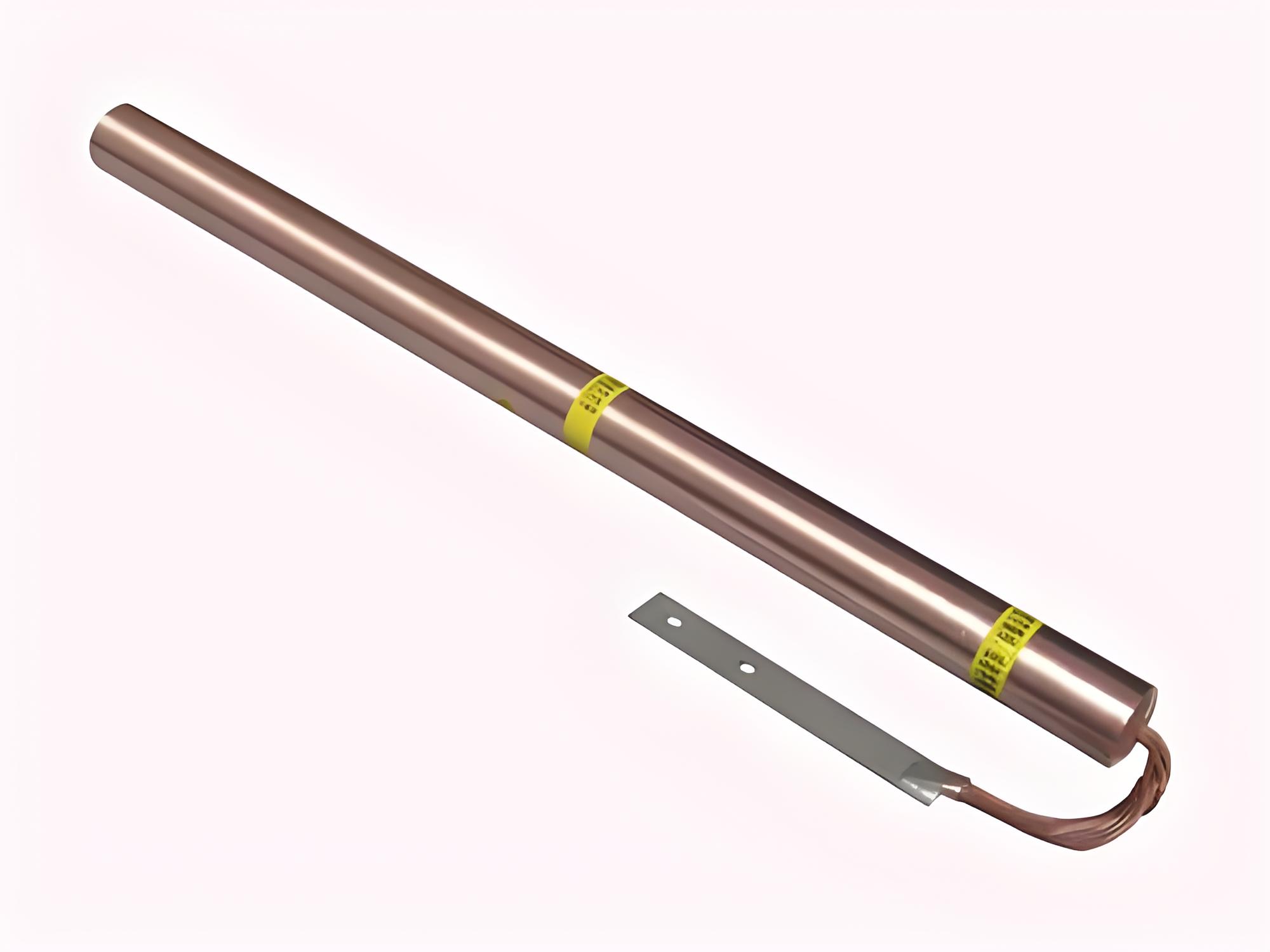
I. Safety assurance
Prevention of electric shock
When an electrical insulation failure occurs in electrical equipment, the casing may become electrified. If the equipment is well grounded, the current will quickly flow into the earth through the grounding conductor instead of flowing through the human body, thus greatly reducing the risk of electric shock.
For example, in household electricity, if the casing of a washing machine is electrified, grounding can lead the current into the earth and avoid electric shock accidents when people touch the washing machine.
Lightning protection
In thunderstorm weather, buildings and electrical equipment are vulnerable to lightning strikes. A good grounding system can quickly lead the lightning strike current into the earth and protect the safety of electrical equipment and personnel.
For example, tall buildings usually install lightning rods and safely introduce the lightning strike current into the earth through the grounding system.
II. Stable system operation
Provide a reference potential
Grounding provides a stable reference potential for electrical systems. All electrical equipment can work based on this reference potential, ensuring that the potential at each point in the circuit is relatively stable.
For example, in electronic circuits, grounding is often used as the reference zero potential for signals, making voltage measurement and signal processing in the circuit more accurate.
Reduce interference
Good grounding can effectively reduce electromagnetic interference. Electrical equipment will generate electromagnetic fields during operation. Without good grounding, these electromagnetic fields may interfere with each other and affect the normal operation of the equipment.
For example, in communication systems, grounding can reduce radio frequency interference and improve communication quality.
III. Fault detection and protection
Leakage detection
The grounding system can be used in conjunction with leakage protection devices to detect leakage of electrical equipment in a timely manner and quickly cut off the power supply to prevent accidents.
For example, when a leakage protection switch detects that the grounding current exceeds the set value, it will trip immediately and cut off the circuit.
Overvoltage protection
In electrical systems, overvoltage situations may occur, such as lightning strikes and operating overvoltages. Grounding can lead overvoltages to the earth and protect electrical equipment from damage.
For example, in power systems, surge arresters release overvoltages to the earth through grounding and protect important electrical equipment such as transformers and switching devices.
The Electricity Encyclopedia is dedicated to accelerating the dissemination and application of electricity knowledge and adding impetus to the development and innovation of the electricity industry.
